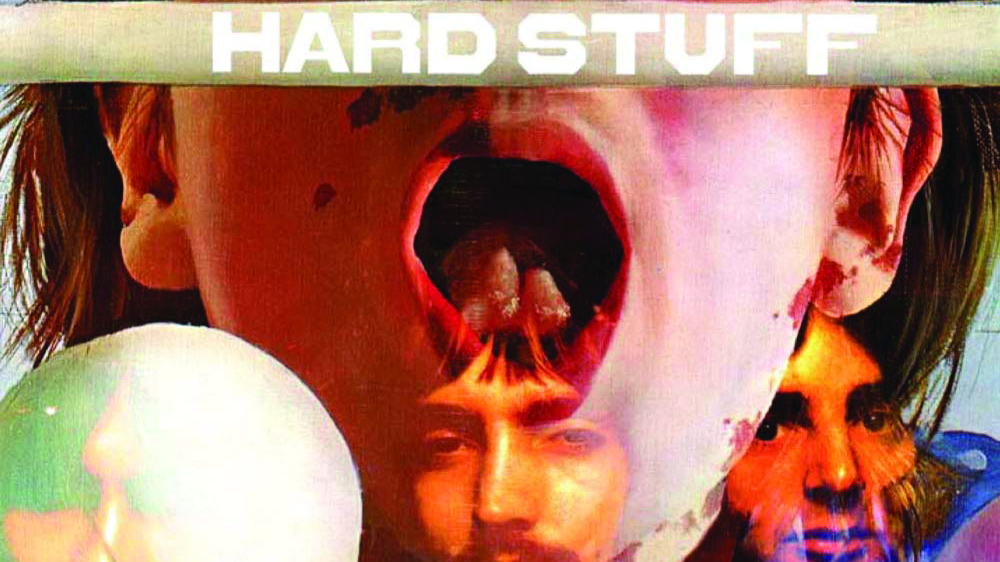You can trust Louder
Whether it’s Led Zeppelin and Swan Song, The Beatles and Apple or Emerson Lake & Palmer and Manticore, bands’ own record labels were all the rage in rock’s self-indulgent heyday. But apart from output from the headline acts themselves, did any good – by which we mean success – ever come out of it? With the exceptions of Bad Company (Swan Song) and Badfinger (Apple), we’d have to say, in a Paul Daniels voice: “Not a lot.”
Purple Records, formed in 1971 by Deep Purple’s management, was perhaps the least stellar of these vanity projects, signing such luminaries as The Bumbles, Curtiss Maldoon and Gnasher.
Bullet were one of the label’s earliest acquisitions, featuring guitarist John Du Cann and drummer Paul Hammond from Atomic Rooster, along with Quatermass bassist John Gustafson. Changing their name swiftly to Hard Stuff to avoid confusion with a US combo already called Bullet, they released Bulletproof in ‘72 and the oddly titled Bolex Dementia the following year.
Their music is very Roosteresque, a dense mishmash of hard rock and prog but with none of commercial nous that enabled the Atomic ones to score chart hits. Funk rock ill-advisedly creeps into the equation on the second album.
This set comes with a wealth of bonus tracks but of chief interest is Monster In Paradise, a Bulletproof co-write with Purple’s Ian Gillan and Roger Glover. Other than that, the experience is sorely lacking.
Sign up below to get the latest from Classic Rock, plus exclusive special offers, direct to your inbox!
Geoff Barton is a British journalist who founded the heavy metal magazine Kerrang! and was an editor of Sounds music magazine. He specialised in covering rock music and helped popularise the new wave of British heavy metal (NWOBHM) after using the term for the first time (after editor Alan Lewis coined it) in the May 1979 issue of Sounds.


